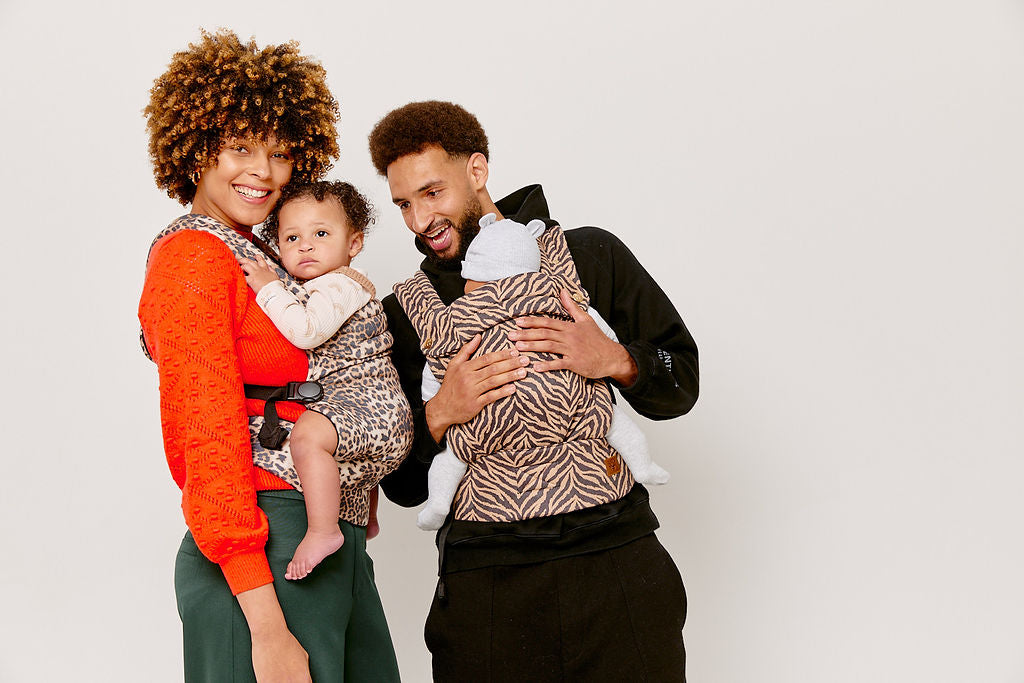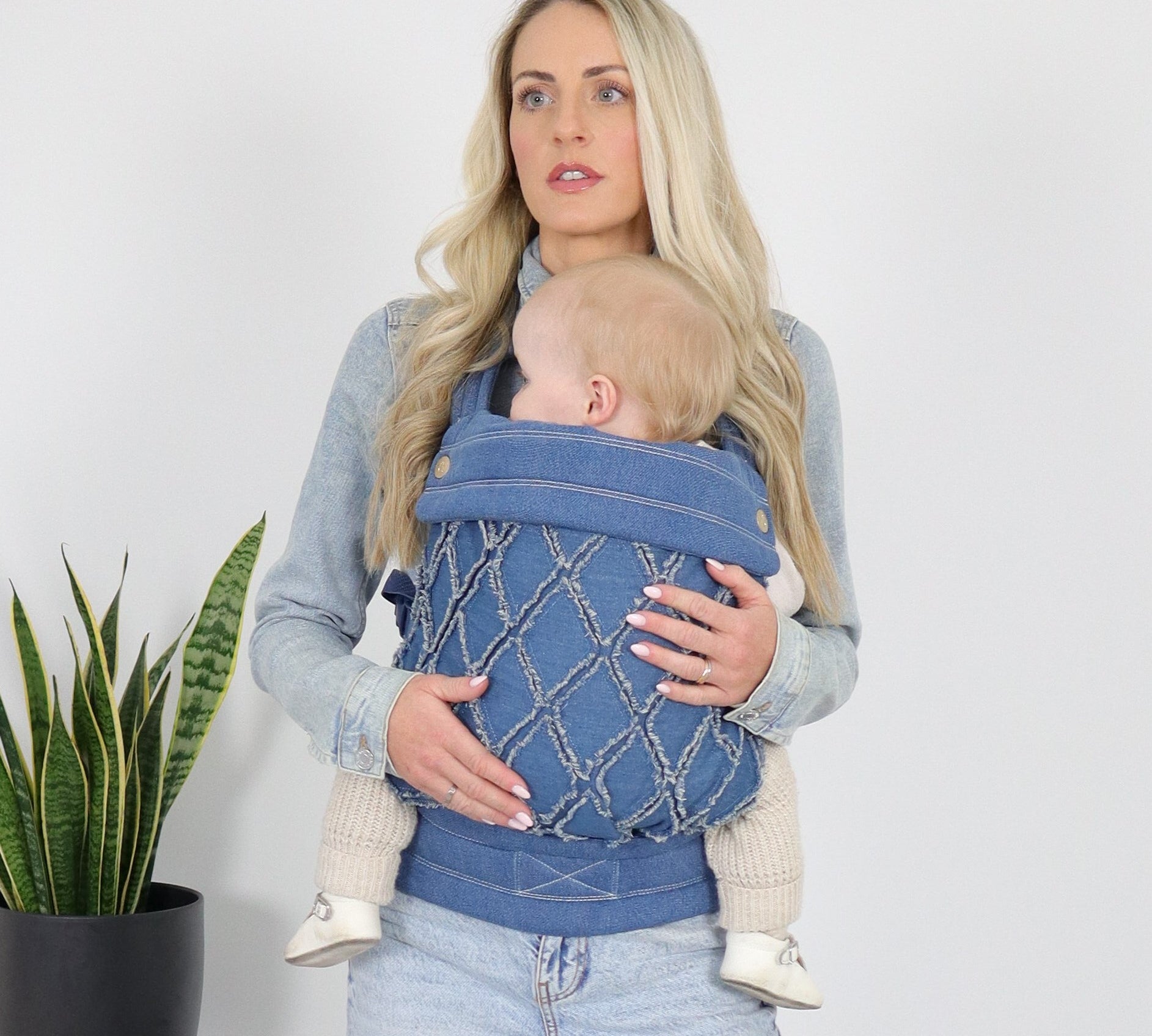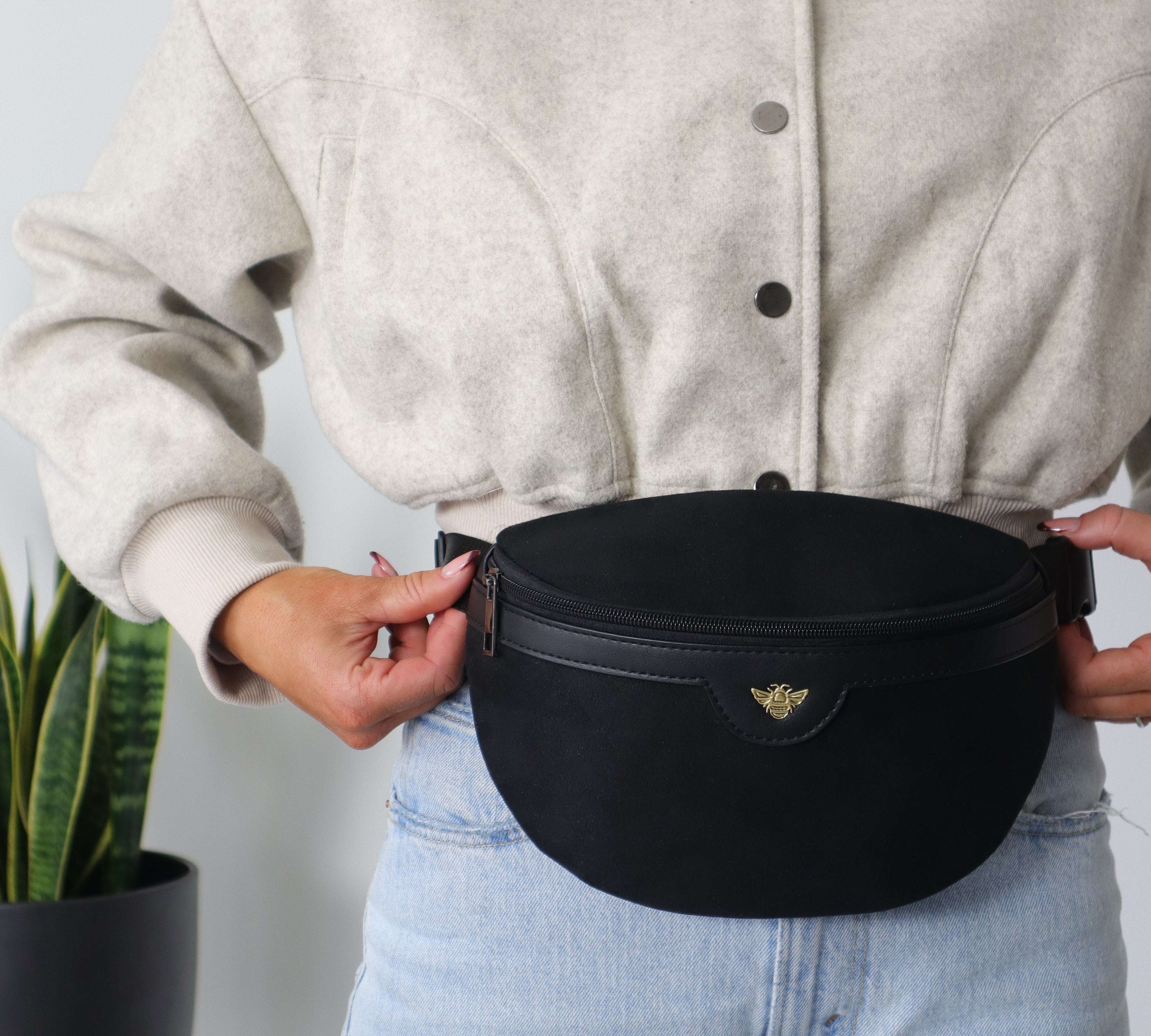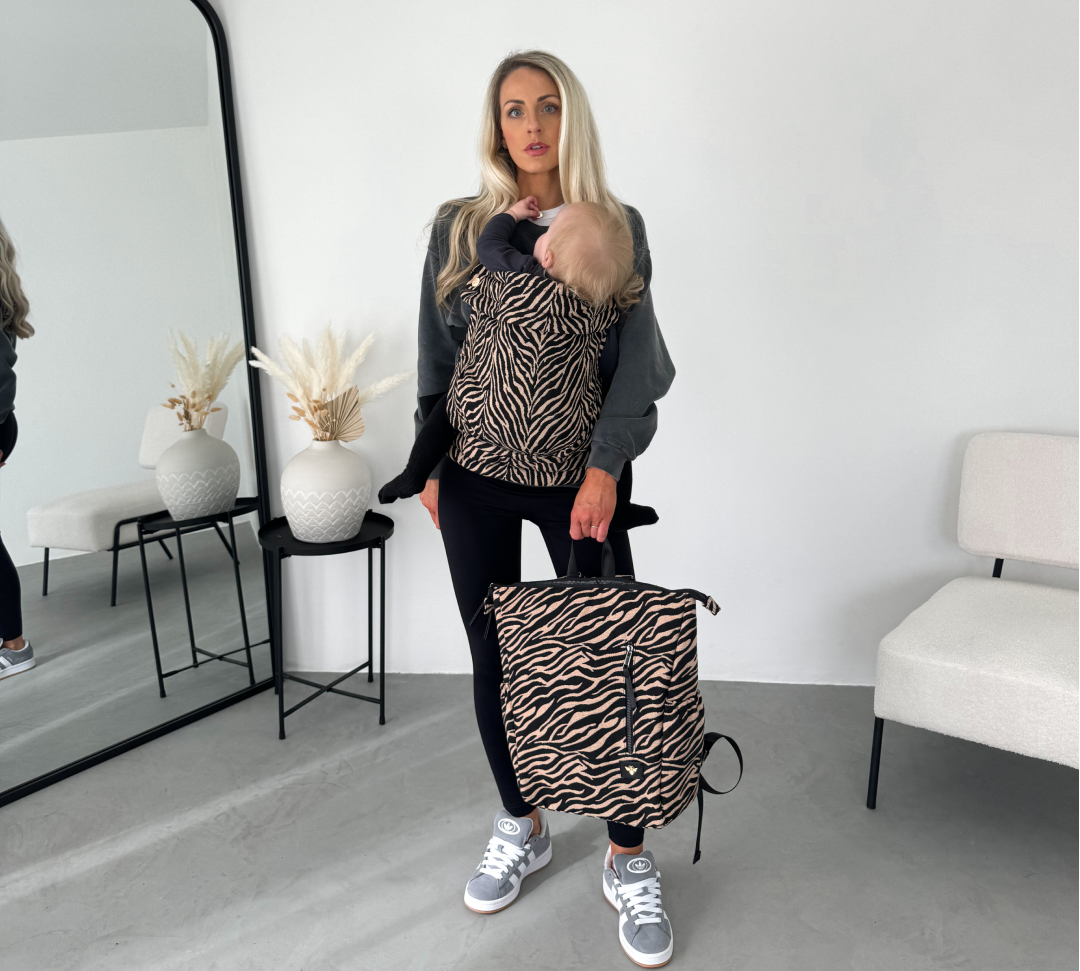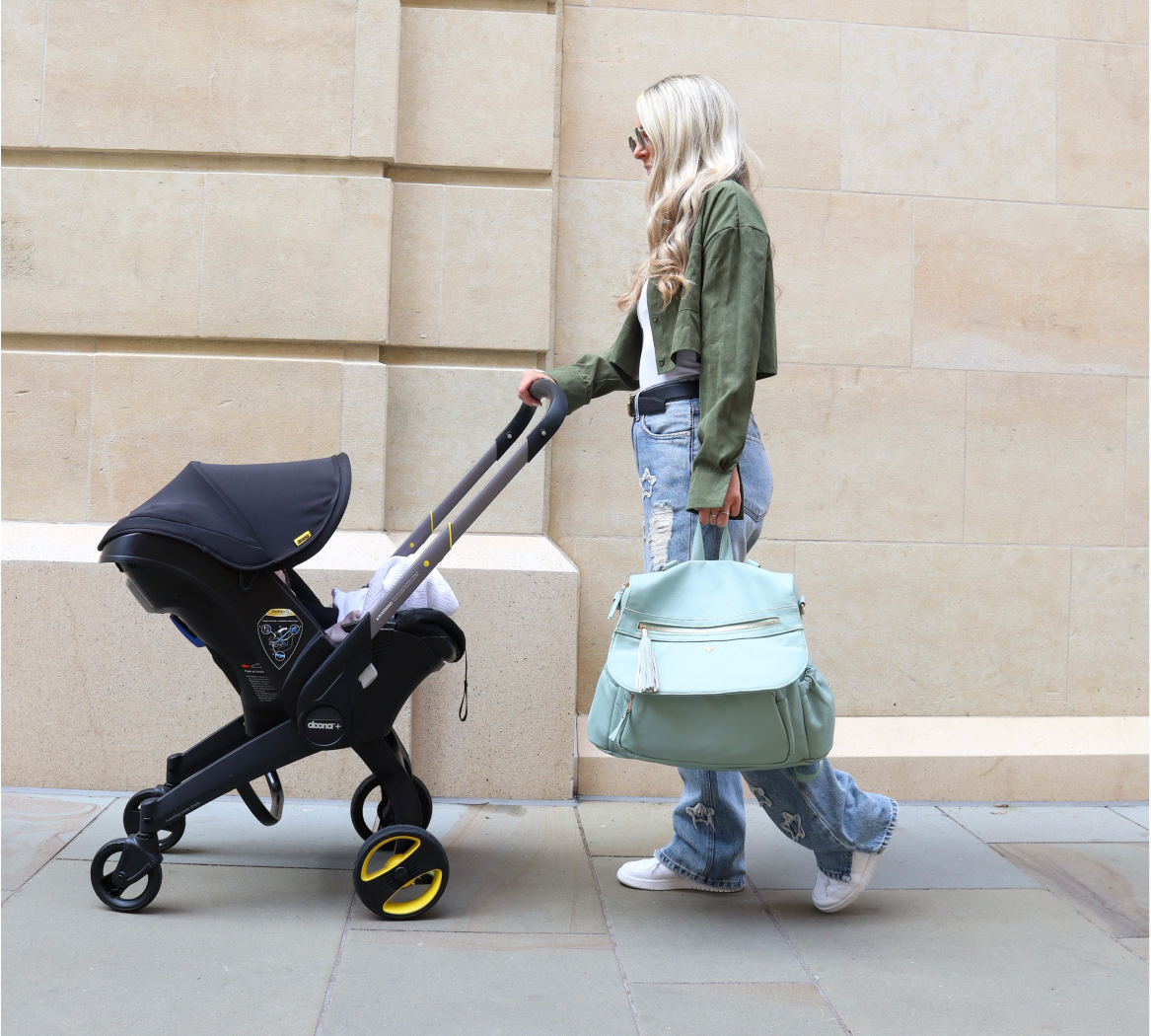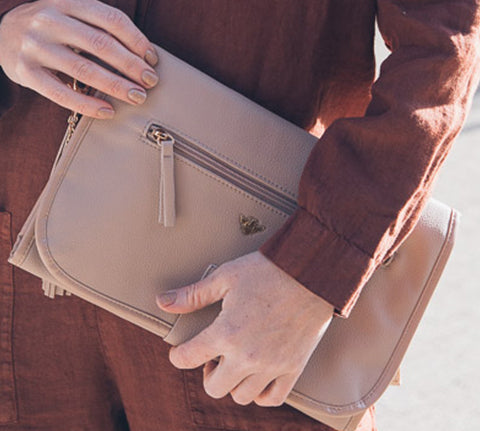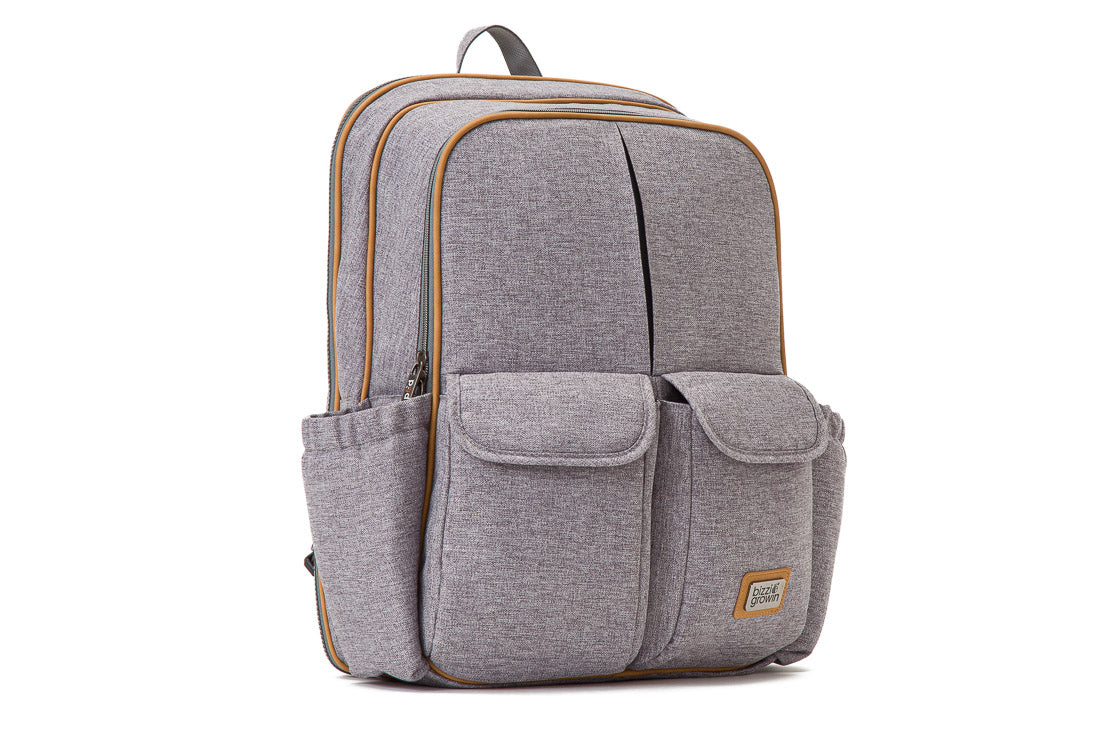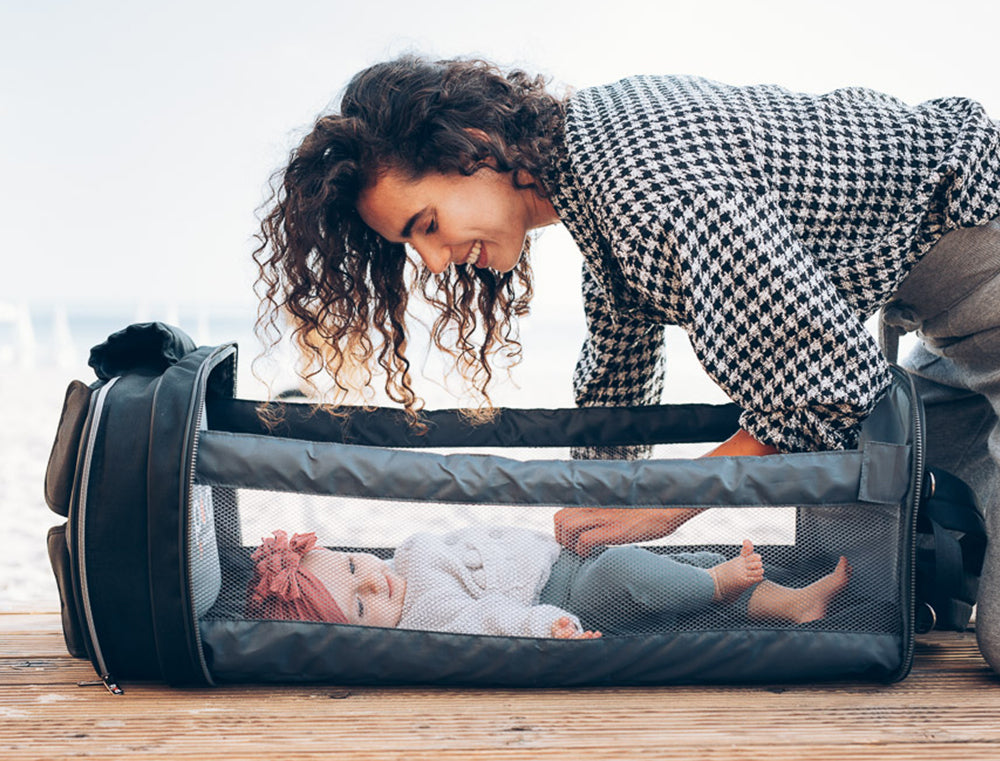Welcoming a newborn into your life is an exciting and overwhelming experience, filled with countless decisions about what products will best support your baby’s development and your own comfort as a parent. One of the most important items on your list should be a newborn baby carrier. This essential piece of baby gear allows you to keep your baby close, promoting bonding while freeing up your hands for other tasks. But with so many options on the market, how do you choose the best newborn baby carrier?
In this article, we’ll guide you through the key factors to consider when selecting a baby carrier for your newborn, ensuring that you make a choice that provides both comfort and safety for your little one.
Understanding the Needs of a Newborn
Newborns are delicate and require extra care and attention, especially when it comes to how they are carried. Their neck muscles are still developing, and they need proper support to keep their heads stable. Additionally, their spines and hips are still forming, making it crucial to choose a carrier that promotes healthy development in these areas.
A good baby carrier should offer full support for your baby’s head, neck, and spine. It should also allow for a natural, ergonomic sitting position, where your baby’s knees are slightly higher than their bottom in an "M" shape. This position is essential for promoting healthy hip development and preventing conditions like hip dysplasia.
Types of Baby Carriers Suitable for Newborns
When it comes to newborns, not all baby carriers are created equal. While some carriers are designed to grow with your baby, others are specifically tailored for the newborn stage. Here are some of the most popular types of baby carriers for newborns:
Wraps: Wrap carriers are often recommended for newborns because they provide a snug, womb-like environment. The long piece of fabric can be wrapped around your body in various ways, allowing you to adjust the fit to perfectly support your baby’s small frame. Wraps are also excellent for skin-to-skin contact, which is beneficial for both bonding and regulating your baby’s body temperature.
Ring Slings: Ring slings are another great option for newborns. They consist of a long piece of fabric that is threaded through two rings to create a pouch for your baby. Ring slings are easy to adjust and can be quickly tightened or loosened to achieve the perfect fit. They are also breathable and lightweight, making them ideal for both indoor and outdoor use.
Soft-Structured Carriers: Soft-structured carriers are typically more structured and include padded straps and waistbands for added support.. These carriers are a great investment as they can be used well beyond the newborn stage.
Key Features to Look for in a Newborn Baby Carrier
When choosing a newborn baby carrier, there are several key features you should keep in mind to ensure both safety and comfort for your baby.
Ergonomic Design: The carrier should allow your baby to sit in the "M" position, with their knees higher than their bottom. This is crucial for healthy hip development.
Head and Neck Support: Look for carriers that offer adequate support for your baby’s head and neck, especially during the first few months when they are unable to hold their heads up on their own.
Adjustability: A good carrier should be easily adjustable to fit both you and your baby comfortably. This is particularly important if different caregivers will be using the carrier..
Ease of Use: Consider how easy the carrier is to put on and take off, especially when you’re alone. Wraps and ring slings require a bit more practice, while soft-structured carriers are generally quicker to use.
Safety Considerations
Safety should always be your top priority when selecting a baby carrier. Ensure that the carrier you choose complies with safety standards and has not been recalled. Regularly check the carrier for any signs of wear and tear, and always follow the manufacturer’s instructions for use.
Your baby’s airway should remain clear at all times while they are in the carrier. Ensure that their chin is not pressed against their chest, as this can restrict breathing. A good rule of thumb is to keep your baby close enough to kiss, with their head resting comfortably on your chest.
Choosing the Best Fit for Your Family
Choosing the best newborn baby carrier involves balancing your baby’s needs with your lifestyle. Whether you opt for a wrap, ring sling, or a soft-structured carrier with a newborn insert, the right carrier will offer the support, comfort, and closeness that both you and your baby need during these early months.

